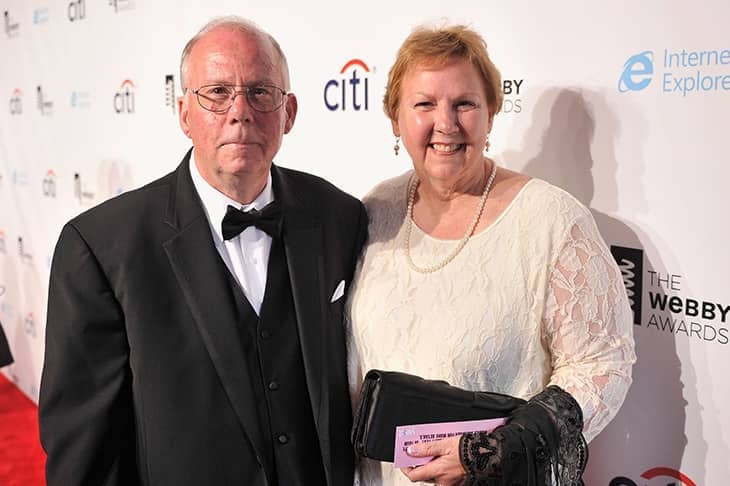The man who invented gifs, Stephen Wilhite, has died, aged 74. Controversy survives him – over how to pronounce the thing.
A gif was a format that, from 1987, allowed graphics to be shared by otherwise incompatible computers. The name came from the initials of Graphics Interchange Format. That was not decisive, for the word could be pronounced as jif if it followed common words like gin, or as gif like gig.
There’s no way of telling the pronunciation of an unfamiliar word beginning gi-. There are, it is true, six or seven words gig, all pronounced with a hard g. The gig economy derives from the gig performed by musicians (a term of unknown origin), but there is also a gig that is a spinning top, which might give its meaning to gig ‘a giddy girl’ and to the gig who is a ‘queer-looking figure’ as the dictionary puts it. ‘What a damn’d gig you look like,’ says a character in a hit play by George Colman called The Heir at Law (1797). ‘A gig? Umph! that’s an Eton phrase – the Westminster call it Quiz.’ We don’t use quiz like that now, except as a conscious archaism, but we don’t use gig in that sense at all.
Or there’s the gig that’s a one-horse carriage or a ship’s cutter and the gig that’s a kind of fish-spear, and one that’s a hole in the ground where a fire is made to dry flax. It’s like Call My Bluff. But all gigs have a hard g.
There was once a cleaning product called Jif. It had been sold as Cif in France from 1965, and in 2000 Unilever changed its name to Cif in Britain too. It seemed odd, as it sounds identical to syph, the common abbreviation of syphilis. Perhaps Unilever did not want it confused with their Jif lemon juice, launched in 1956 with the slogan ‘Juice in a jiffy’. Both jiff and jiffy, meaning ‘instant’, date from the 18th century, of unknown origin. The padded Jiffy bag was marketed from 1956, like the lemon juice.
Perhaps those jiffs and jiffies influenced the many who pronounce gif as jif. Wilhite declared unequivocally that it was jif. But that won’t stop the ‘gif as in gig’ brigade.





Comments